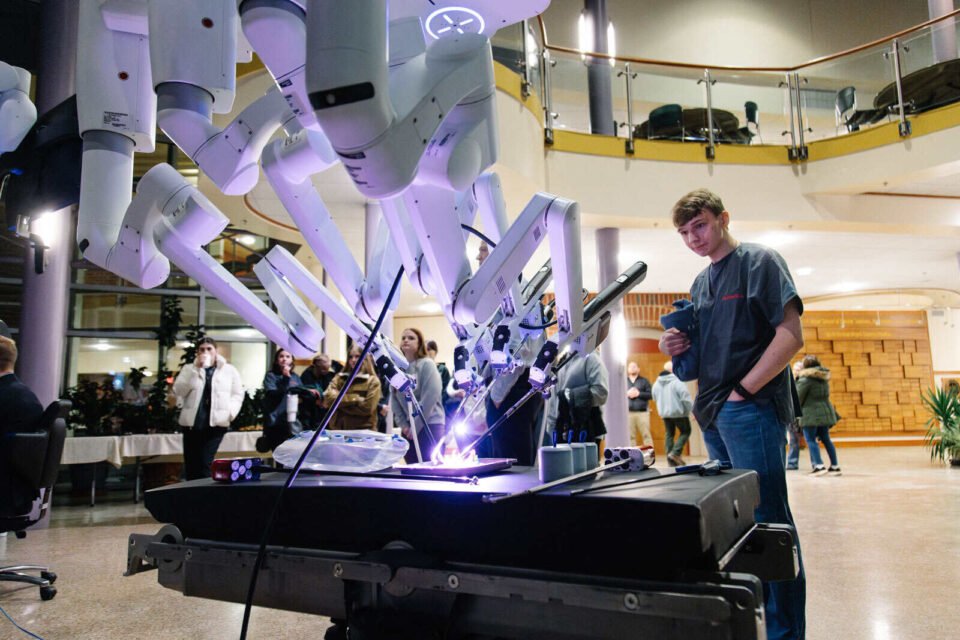At a textile mill in Suzhou, AI is transforming traditional manufacturing by enhancing efficiency and precision. China Telecom’s AI agent, StarWeave, optimizes thread tension and detects fabric flaws, resulting in improved delivery times and productivity. This is part of a broader trend in China, where AI is becoming central to industrial progress. AI agents, capable of executing complex tasks autonomously, are being integrated across various sectors, from customer support to financial operations. China’s Ministry of Industry and Information Technology is spearheading efforts to accelerate AI innovation, with plans for AI innovation zones and manufacturing centers for advanced technologies. Experts emphasize the importance of AI in maintaining China’s competitive edge in manufacturing. Companies like BYD and Lenovo are leading the way by embedding AI throughout their operations, significantly boosting efficiency and market position. The adoption of AI in Chinese industry is growing rapidly, with a notable increase in the deployment of intelligent agents. However, challenges such as data fragmentation and computational power limitations remain. Despite these hurdles, AI is reshaping Chinese manufacturing, driving innovation, and setting a global benchmark for industrial transformation.
previous post


